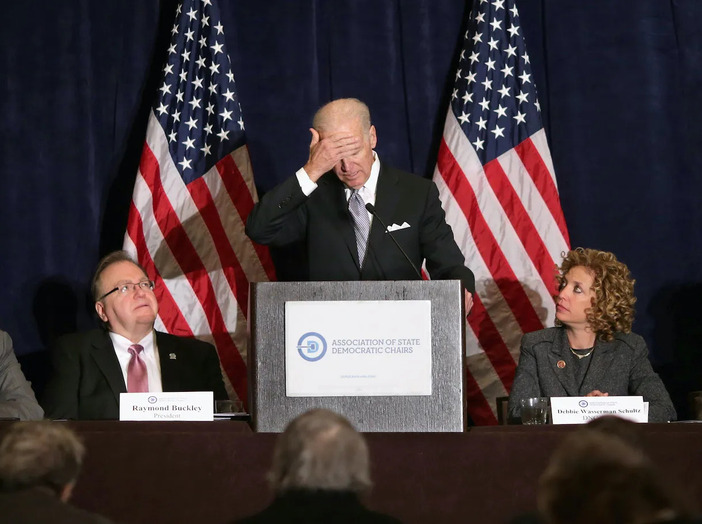
The United States (U.S.) withdrew from the climate agreement for the second time. This not only leaves behind a void in the climate leadership position but also causing adverse impacts on the world economy and international climate diplomacy. In Response to US's decision, the European Union (EU) and China has pledged to continue tackling global warming, emphasising on consistency and multilateralism as the key to solving global issues.
U.S.'s withdrawal has also influenced some developing countries such as Indonesia and Argentina. Both countries are beginning to reassess their climate policies, where government officials cite that if a major emitter like the U.S. is unwilling to take responsibility, then developing countries should not be forced to conform to strict emission control targets.
Nonetheless, U.S.'s withdrawal may allow the EU and China to increase their investments in the climate sector and secure the leading positions. EU has proposed expediting the Carbon Border Adjustment Mechanism (CBAM) to put a fair price on carbon emitted during production of carbon intensive goods entering EU. Meanwhile, U.S. trade dynamics may also shift, potentially increasing reliance on oil- and coal-exporting nations like Saudi Arabia and Russia in the short term.
It is also worth noting that while the U.S. has withdrawn from Paris Agreement, businesses based in U.S. have not changed their climate commitments. Corporate climate policies are more reactive to legal and commercial changes, since the Inflation Reduction Act (IRA) provides substantial funding for clean energy and carbon reduction technologies which ensures financial and legal support for corporate sustainability transitions. As a result, many U.S. based companies have not pulled out of climate protection initiatives; in fact, they are pursuing further emission reduction goals. For instance, over 10,000 companies have joined the Science Based Targets initiative (SBTi), enabling large corporations to effectively adapt to major climate policies.
In conclusion, the impact of the U.S. withdrawal from the climate agreement has offsetting disadvantages and advantages. It may have negatively influenced the climate stance of other countries but businesses and civil activities within US continue to compensate for that gap, propelling the green transition. Both EU and China are also strengthening their positions in sustainable development as their policies and industries advance.
